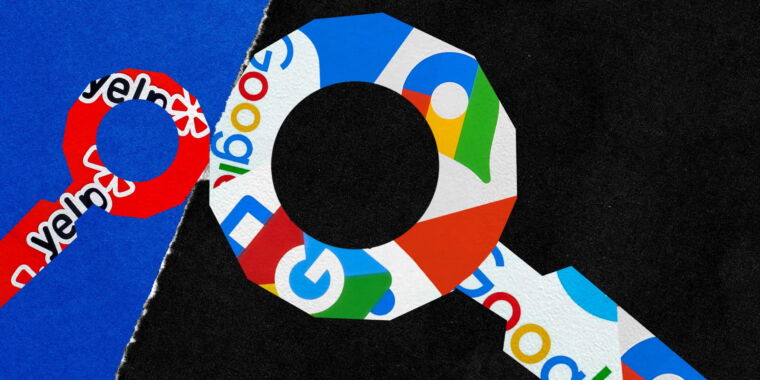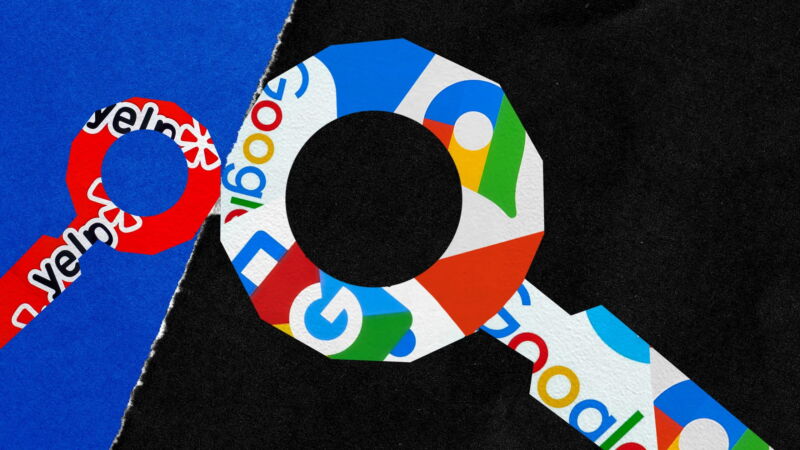Apple Intelligence and other features won’t launch in the EU this year

Enlarge / Features like Image Playground won’t arrive in Europe at the same time as other regions.
Apple
Three major features in iOS 18 and macOS Sequoia will not be available to European users this fall, Apple says. They include iPhone screen mirroring on the Mac, SharePlay screen sharing, and the entire Apple Intelligence suite of generative AI features.
In a statement sent to Financial Times, The Verge, and others, Apple says this decision is related to the European Union’s Digital Markets Act (DMA). Here’s the full statement, which was attributed to Apple spokesperson Fred Sainz:
Two weeks ago, Apple unveiled hundreds of new features that we are excited to bring to our users around the world. We are highly motivated to make these technologies accessible to all users. However, due to the regulatory uncertainties brought about by the Digital Markets Act (DMA), we do not believe that we will be able to roll out three of these features — iPhone Mirroring, SharePlay Screen Sharing enhancements, and Apple Intelligence — to our EU users this year.
Specifically, we are concerned that the interoperability requirements of the DMA could force us to compromise the integrity of our products in ways that risk user privacy and data security. We are committed to collaborating with the European Commission in an attempt to find a solution that would enable us to deliver these features to our EU customers without compromising their safety.
It is unclear from Apple’s statement precisely which aspects of the DMA may have led to this decision. It could be that Apple is concerned that it would be required to give competitors like Microsoft or Google access to user data collected for Apple Intelligence features and beyond, but we’re not sure.
This is not the first recent and major divergence between functionality and features for Apple devices in the EU versus other regions. Because of EU regulations, Apple opened up iOS to third-party app stores in Europe, but not in other regions. However, critics argued its compliance with that requirement was lukewarm at best, as it came with a set of restrictions and changes to how app developers could monetize their apps on the platform should they use those other storefronts.
While Apple says in the statement it’s open to finding a solution, no timeline is given. All we know is that the features won’t be available on devices in the EU this year. They’re expected to launch in other regions in the fall.
Apple Intelligence and other features won’t launch in the EU this year Read More »



















